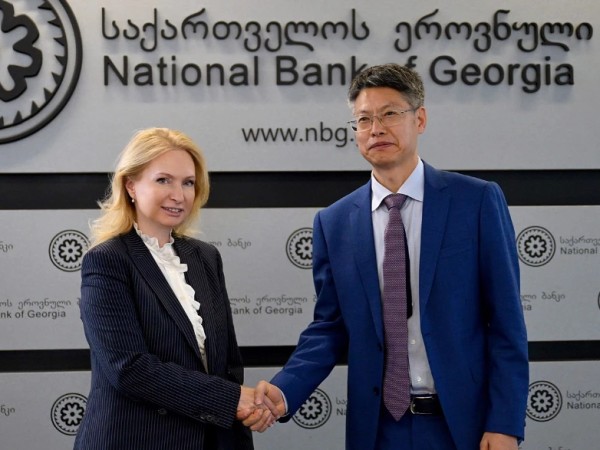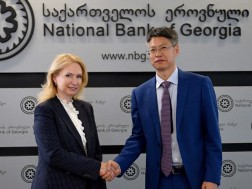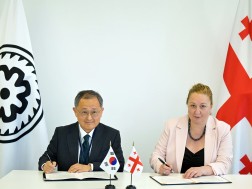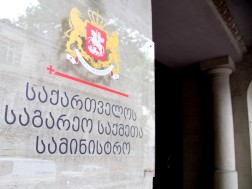GBC (Tbilisi) – TBC Capital has released its latest macroeconomic report, "Balance of Payments Review," offering key insights into Georgia’s external economic dynamics. The report highlights a strong surge in exports of business and ICT services, a development that is rapidly transforming the structure of Georgia’s service exports.
“In some cases, recent dynamics represent a sharp reversal of historical trends,” the report states.
Key Findings on the Current Account:
- Rapid growth in ICT and business service exports is reshaping the services export structure, complementing modest growth in tourism revenues.
- The current account deficit, excluding reinvestments, remains well below historical norms.
- Despite a sharp deterioration in Q1, recent indicators suggest an improvement in Q2, driven by a stronger performance in goods trade and remittances.
In Q1 2025, the seasonally adjusted current account deficit rose to 6.7% of GDP, up from 5.1% the previous quarter. The increase was driven by a decline in foreign wages, a widened trade deficit, and lower remittances. However, the ICT sector’s rising exports partially offset these effects by expanding the surplus in services.
Recent data indicate a positive trend reversal in Q2:
- According to Geostat, the foreign trade deficit in goods fell 10.5% year-over-year (compared to a 16.2% rise in Q1).
- National Bank of Georgia (NBG) data show remittances rose by 10%, reversing a 3.2% drop in Q1.
Key Findings on the Financial Account:
- Foreign direct investment (FDI), excluding reinvested earnings, remains weak. Reinvested profits continue to dominate FDI inflows, accounting for 67% of net direct investments in Q1.
- Portfolio investment activity is rising, with Georgian residents increasingly purchasing foreign debt securities—a notable shift from past behavior.
- Public and private sector borrowing continues to be a key source of current account financing, though loan volumes only slightly increased in Q1.
- Foreign exchange reserves played a major role in deficit financing during Q1, but this trend reversed in Q2, as the NBG resumed aggressive USD purchases amid favorable lari conditions. Between March and May, the central bank purchased $613 million, with further interventions continuing into June and July.
Overall, while Georgia’s external balance faced challenges in early 2025, TBC Capital notes signs of stabilization in the second quarter, supported by stronger exports, recovering remittances, and prudent central bank actions.



















